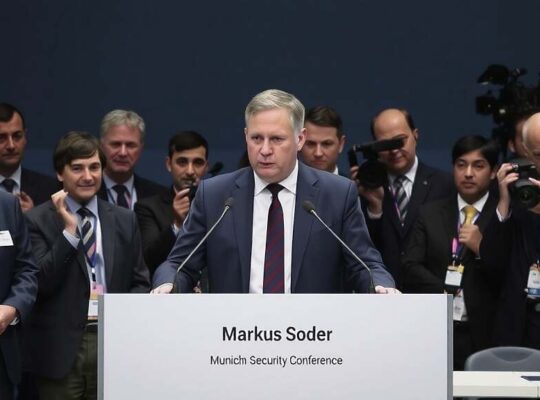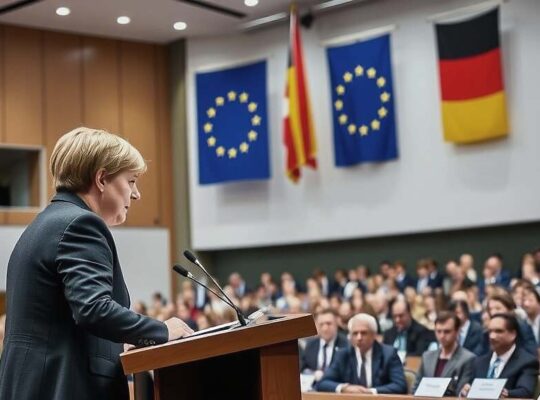The impending “Summit for European Digital Sovereignty” in Berlin is sparking renewed calls for a decisive shift away from the dominance of US cloud and software providers, with politicians across the German political spectrum voicing concerns over Europe’s technological dependencies.
Johannes Schätzl, parliamentary group spokesperson for the SPD on the Bundestag’s Digital Committee, emphasized the urgency, stating that Europe’s competitiveness hinges on intensified collaboration, targeted investment and the consistent scaling of indigenous solutions. “We cannot perpetually rely on China and the United States; we must forge our own digital future” he told the Handelsblatt. His comments reflect a growing sentiment that hardware and software have evolved into critical geopolitical assets, demanding strategic European action.
The Federal Ministry for Digital Affairs also supports a stronger European focus in digital technologies. Parliamentary State Secretary Thomas Jarzombek (CDU) cautioned against the inherent risks of one-sided dependencies, acknowledging that while procurement decisions often reside with individual companies, a “significant portion” of the demand for cloud solutions could be met by German AI start-ups and the IT Mittelstand (small and medium-sized enterprises). This represents a tacit recognition of the limitations of relying solely on external providers for essential digital infrastructure.
However, some voices temper the urgency with a call for practical implementation. Hansjörg Durz, chairman of the Bundestag’s Digital Committee, warned that digital dependencies now permeate “nearly every aspect of life, as well as the innovation power and competitiveness of our nation”. While expressing a desire for concrete initiatives from European businesses, Durz stressed that digital sovereignty is not achieved through isolation or market constriction, but through coordinated cooperation across all levels and national borders. He advocated for a “pragmatic cloud usage adhering to European security standards” alongside the methodical expansion of “sovereign European alternatives”. This nuanced perspective acknowledges the necessity of engaging with global markets while simultaneously developing indigenous capabilities, avoiding a potentially counterproductive protectionist stance.
The summit is expected to generate intense debate regarding the balance between fostering European technological independence and maintaining an open, competitive digital economy.












